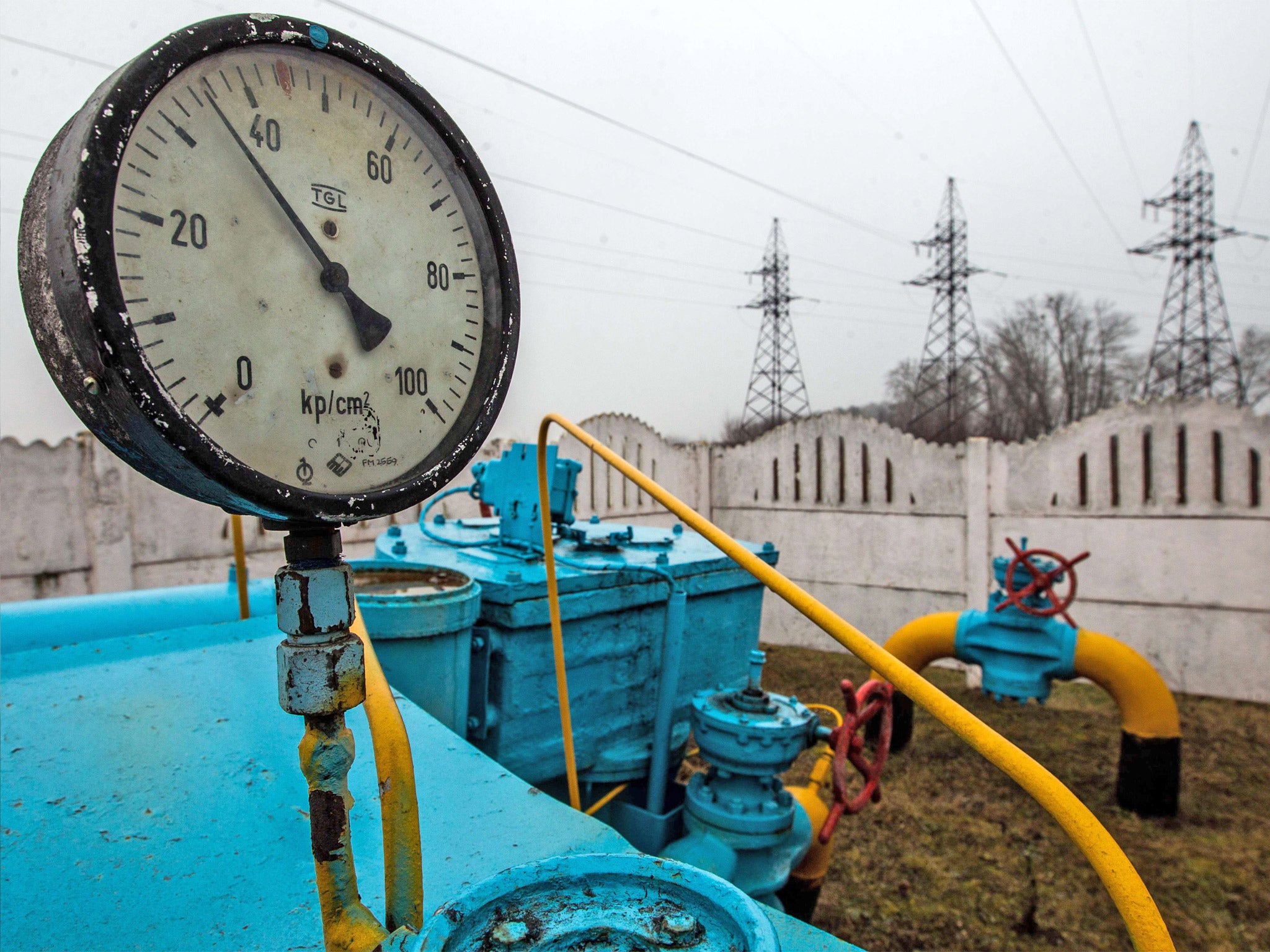Ukraine crisis: Russia needs the West’s expertise as much as we need its oil
It is the world’s third-largest oil producer and second-largest gas producer, and the EU takes most of these energy supplies


In economic terms, the European Union and Russia are perfect partners. Each has what the other does not: they do energy, we do expertise. So the idea of the EU imposing economic sanctions on Russia is absurd. It would hurt us much more than it would them. But in the longer term, any cooling of the relationship between East and West would do more damage to Russia than it would to the EU.
This is a story about Russia, not about Ukraine. Ukraine matters greatly in political and human terms. It is potentially rich and could be a much more important contributor to the region’s wealth. But for the moment it is a small economy. Its population of 45 million generates less output that than that of Ireland, with just 4.5 million. Russia, by contrast, is one of the four largest economies outside of the present developed world and, if the Goldman Sachs predictions prove correct, it will be a larger economy than either Germany or the UK in another 15 years’ time.
As far as Russia is concerned, there is a short-term story and a long-term one. The short-term part is principally about energy and, in particular, gas. Russia is overwhelmingly dependent on energy and raw-material exports, which together produce some 80 per cent of its foreign currency earnings. It is the world’s third-largest oil producer and second-largest gas producer. The EU takes most of these energy supplies, with Germany getting more than one-third of its gas from Russia. Germany has been so concerned about disruptions to its supplies via Poland and Ukraine that it has co-operated with Gazprom, the Russian national gas company, to build two giant pipelines under the Baltic so it can get its supplies direct. The first gas started to flow at the end of 2011.
There is a nice irony now to the idea, noted on the Gazprom website, that sending gas direct from Russia to Germany should “eliminate any political risk”. But in a way that is right. Russia does not want to damage its largest single export market. Germany is not going to do anything that might interrupt one-third of its gas supplies.
In the longer term, however, the balance of advantage is rather different. Cheap gas supplies are beneficial to Europe and the further east you go the greater the dependency. But there are other sources of gas and while it is more expensive to liquefy it and pump it onto a ship, costs are coming down. Diversification of supply brings energy security. Thus Centrica, in the UK, has a contract to buy increasing amounts of liquefied natural gas from Qatar.
The thing that really changes the power balance, though, is fracking. If you combine oil and gas, the US has just passed Russia as the world’s largest producer. Thanks to fracking, gas prices in the US have plunged and while at the moment there are restrictions on US natural-gas exports, these are likely to be eased. So while for the time being Russia is hugely important, it is likely to become less so in the future. The more it is perceived to be an unreliable trading partner, the greater the pressure to find alternative suppliers.
Aside from its natural resources, Russia is not that important an economy. It is a useful market for Germany, but it only takes about 3 per cent of the country’s exports. Meanwhile very little European money is invested in Russia, which matters not so much because of the money itself but because of the expertise that is attached to the investment.
That leads to the great challenge for the Russian economy. It has to develop other sectors; it is too risky to be reliant on such a narrow band of primary exports. Were the oil price to fall to, say, $80 a barrel, the Russian government would be in dire financial trouble. But it can only develop other areas of expertise if it gets foreign investment.
Seen in this context, the events of the past few days are a catastrophe. How can a Western company justify to its shareholders that it is investing in Russia? The risk/reward ratio has long been pretty unattractive but it has suddenly become even less so. The few enterprises that are prepared to take the risks may well be able to earn high rewards but the effect of that is that the country is paying a premium for the expertise they bring.
Russia needs partnership with the West to help it reach its economic potential; but the events of the past few days make that partnership much more difficult. How do you deal with a country that will not act in its own self-interest?
Join our commenting forum
Join thought-provoking conversations, follow other Independent readers and see their replies
Comments
Bookmark popover
Removed from bookmarks